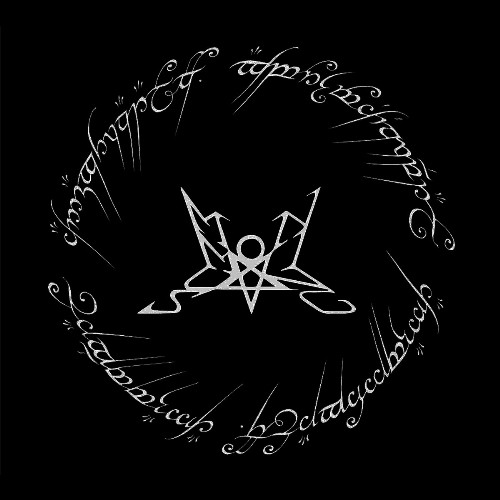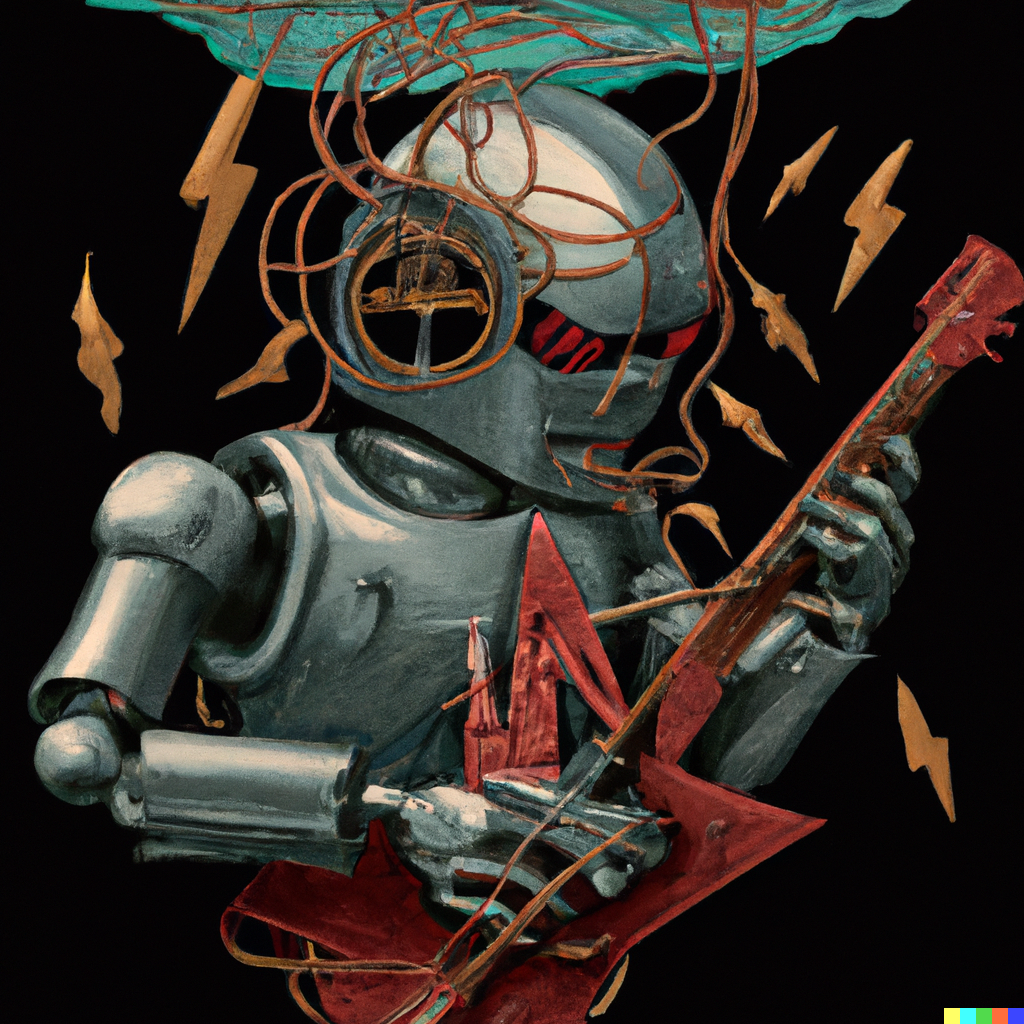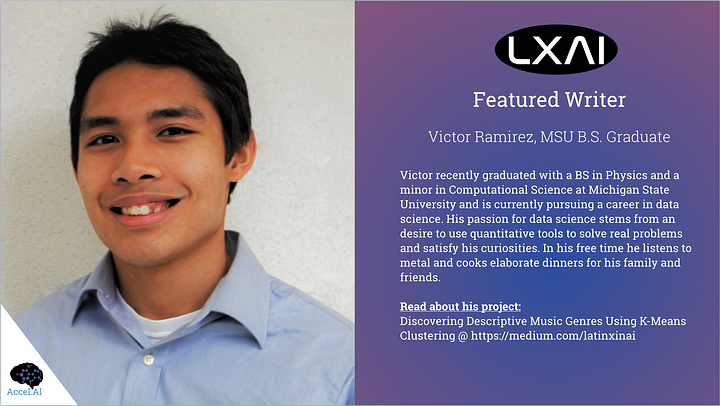Lost Machines and Artificial Brains

I’ve recently been obsessed by the Tolkien-inspired atmospheric black metal band Summoning and In Mordor Where The Shadows Are, a 3-hour tribute album of Summoning covers from various artists. Cover albums are usually not much more than fun, albeit limited, fan service, but this one was uniquely enthralling. A tasteful cover strikes a balance between being faithful to its source material while adding a personal touch. Several of the covers on In Mordor strike just that balance, letting the source material inspire but not define the covering band’s artistic direction. In a nutshell, this illustrates what a skilled musician can create, but an AI fundamentally cannot.
An AI generated song by Ghostwriter a model trained on Drake and The Weeknd is the latest hypebait on the AI music trend, spawning generative takes on the music industry’s inevitable disruption. I don’t listen to much normie music, but even my untrained ears sensed it was just a cheap imitation of the real thing. It wasn’t a big deal when humans made derivative clones of other artists, and now we’re supposed to lose our minds because a robot did it!
Music AI isn’t all that new either. dadabots was churning out generative death metal using recurrent neural networks (RNNs) before it was cool. It’s an incredible milestone for machine learning. Dadabots is a commendable effort, a fun mischievous experiment to push the boundaries of machine learning under the whimsical backdrop of creating a musical Frankenstein. But to be honest, the actual output sucks.

It’s easy to be critical of a creative piece made by something without feelings. But for sake of discourse, I think it’s important to articulate why. In my view, there are a couple of reasons AI won’t replace musicians.
First, composing songs is actually quite difficult. Take a listen to the dadabots Cannibal Corpse remix and compare it to the real thing. The real Cannibal Corpse has some semblence of song structure; it applies its signature stylistic elements to create cohesive composition. The AI version sounds like it took the guts of Cannibal Corpse’s stylistic elements and spaghettified it onto a soundboard. At its core, the output is a muddied aggregate of its training data’s waveforms. Remarkably, the RNN captures 80% of the sound but none of identity. To state the obvious: it’s missing the human element.
There are several variables that musicians have to account for: time signatures, the timing of transitions, tone, a bit of randomness, just to name a few. Not unlike tuning a machine learning model, it takes numerous iteration. But a musician has an ear for what’s good and aim for that. An AI can only create for creating’s sake and at best it replicate what’s most popular.
The first reason is a bit more technical. It may be solved with just better models. The second reason is more fundamental: AI safetyism is at odds with the creative process.
Machine learning is just pattern recognition at scale. By design, AI models are neuro-convergent, a probablistic consensus mechanism optimized to conform to its training data. AI safetyism sucks out any semblence of spontaneity andforbids these models to take risks.
But, great music is rarely just the average of its surroundings. Rather, it is often a rebellion against the very environment its master was trained on. If music AI can’t blaspheme, angstily challenge the orthodoxy, or insult the pope, then it will never replicate a musician’s soul. Having the Sam Altmans and policymakers of the world dictate the design space of AI and its creative outputs is like letting the church tell Elvis how to make rock n’ roll. The tech aristocracy, whose aesthetic objectives are more aligned to monetize ads, are not exactly known for their taste.
That said, I do think there is a place for AI in the creative process. Just because generative AIs can’t write a chord progression to save humanity, it doesn’t mean that it can’t be useful. AI can be a powerful tool for making commoditized soundbytes, or an assistant for the novice musician akin to a drum machine. It’ll replace the easily replaceable. But to write an actual song? It will need a human composer to put it all together.
Generative AI is a celebration of the process over the outcome. It’s revolutionizing neural networks more than it ever will punk rock. It’s more of a technological achievement than an artistic one – and that’s okay.
There may come a beautiful moment where an AI writes an absolute banger for the ages. But by that point, we’d all be dead.


